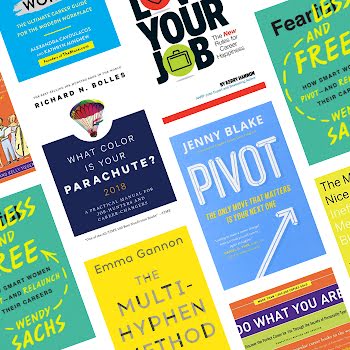
By Colette Sexton
30th Sep 2021
30th Sep 2021
Work-related stress is not only detrimental to your work, but it can also be seriously damaging to your mental health, writes Colette Sexton
Most of us experience stress in the workplace from time to time, but new research has found that work-related stress among Irish employees doubled between 2010 and 2015. Some 17 per cent of the Irish workforce said they were stressed in 2015, up from 8 per cent in 2010, the new study by the Economic and Social Research Institute, funded by the Health and Safety Authority, found. In good news, this is still below the EU average of 19 per cent. In bad news, it is one of the steepest increases among the countries surveyed.
Stress can have negative impacts on your physical and mental health, and workplace-related stress can spill over into family life and personal relationships. So how can you combat stress in your work life to ensure it does not affect you long-term?
1 Get some exercise
A lot of us sit at our desks all day long, barely moving to get up for lunch or to make a cup of coffee. We tell ourselves this is because we have so much to do, and while that might be the case, it is just not good enough. Getting outside in the fresh air and going for a quick walk around the block, even if it is just for 10 minutes, will energise you. If you absolutely cannot stop working, then maybe suggest turning a meeting into a walking meeting. Researchers at the University of Birmingham found that if sedentary office workers went for a stroll during the day, it boosted their moods and increased their ability to manage stress.
2 Breathe
Yes, we all breathe, but most of us never actually pay attention to it. If something has stressed you out at work, it is worth taking a few minutes either at your desk or in a quiet place and breathe in for three seconds and out for three seconds. It will help you to calm down and might prevent you from having a knee-jerk reaction to something.
3 Make a to-do list
It can be overwhelming thinking of all of the things you have to do for work. Writing them all down in a to-do list is a good way to make sure you won’t forget anything while also allowing you to prioritise the most important or time-sensitive tasks first. It is also a good idea to do the jobs you hate the most first and get them over with early so they won’t be on the back of your mind all day/week/year.
4 Look at something that makes you happy
If you are feeling particularly miserable, then find something to take your mind off work for a few minutes. It might be some photos of your children, a funny video (I recommend Foil, Arms and Hog) or even reading a few pages of a book (Oh My God What a Complete Aisling is a delightful read). You’ll be surprised how quickly it turns your mood around so you can get back to the task at hand.
5 Don’t bring it home with you
It is easier said than done, but try to leave your work worries at the desk. If you must vent, give yourself ten minutes but then focus on de-stressing for the evening. Do not do anything work-related unless you absolutely have to. Working anything over 39 hours a week is a risk to wellbeing, according to research from the Australian National University. So put down your phone, switch off the laptop, and turn off your email notifications. Your brain needs a break, and you’ll be better able to cope with the challenges of the next day if you give it one.
This article was last published in May 2020





















